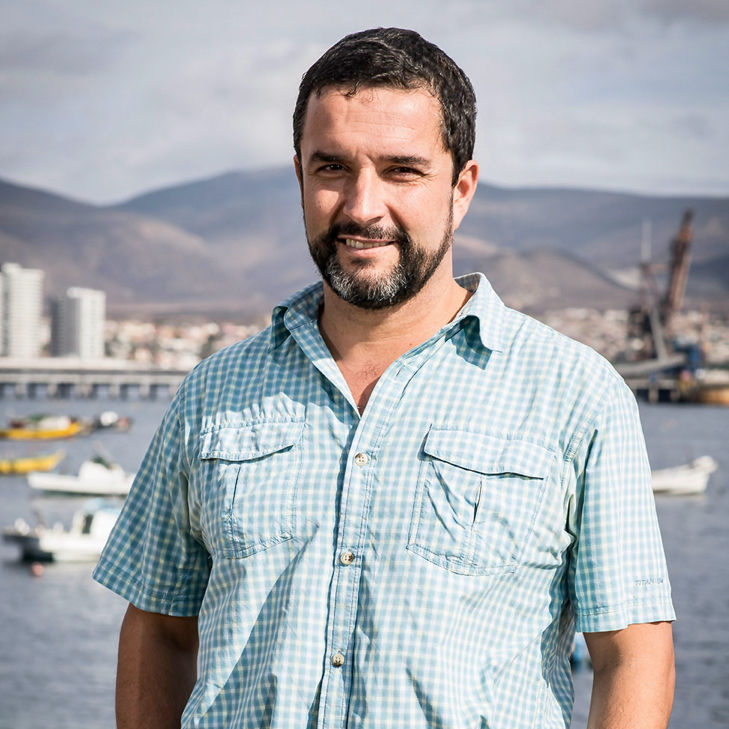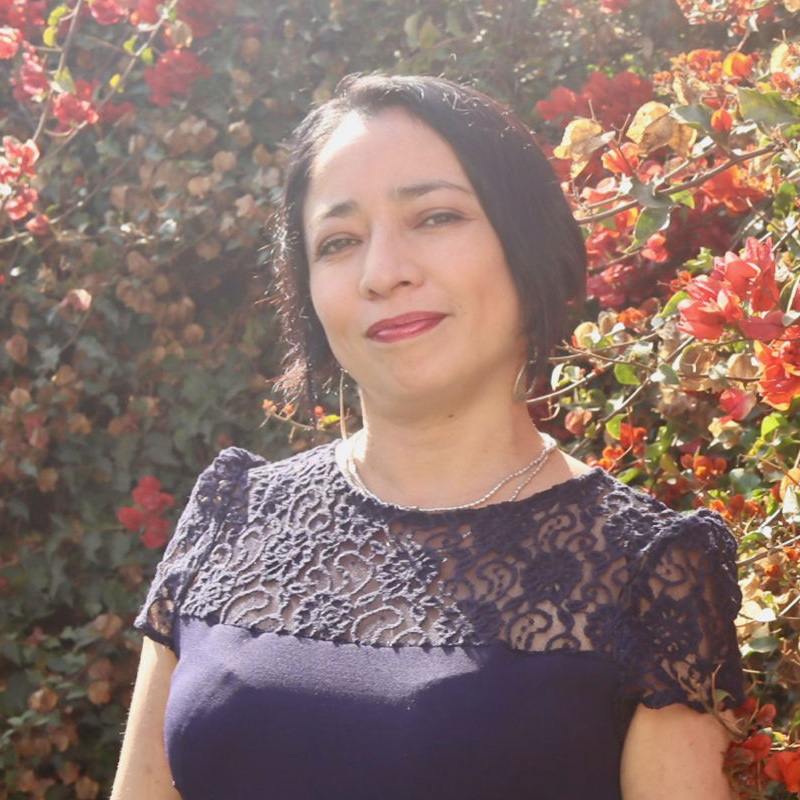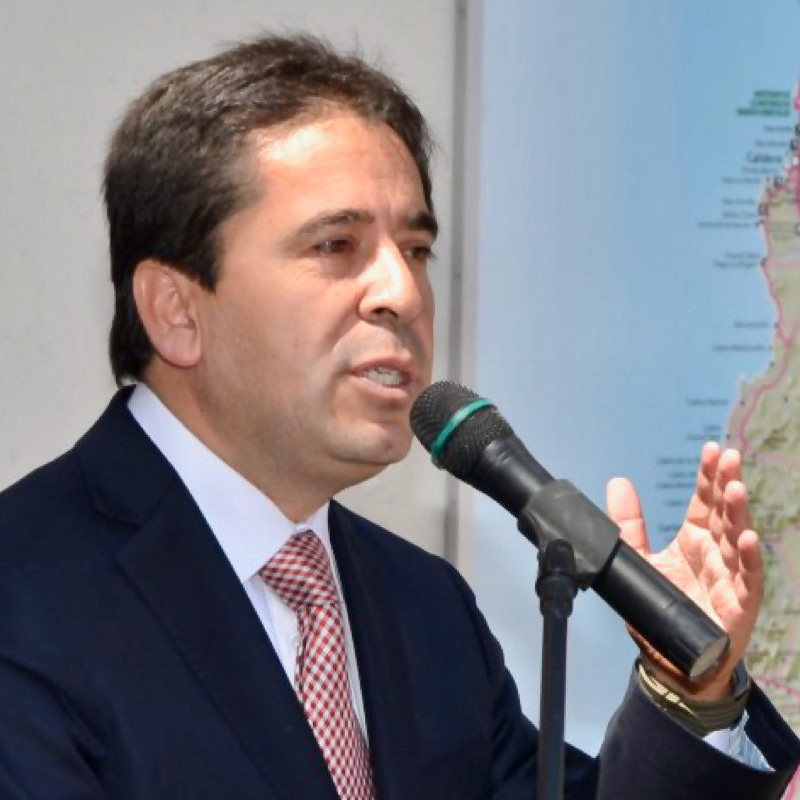On 22 December, the Council of Ministers for Sustainability approved the creation of a protection zone in the Humboldt Archipelago Marine Area. Thus, after the Corte Suprema's insistence on a comparison in the matter of the "Dominga" port of loading, the fight for the rescue of the valuable ecosystem continues to escalate (see also. Can it be 10 percent more destruction?
This article is an unabridged translation of “Gobernadores de Atacama y Coquimbo califican de "improcedente” que Área Marina Protegida haya dividido Archipiélago de Humboldt“, from the online newspaper, El Observatodo.
Santiago December 23, 2021.
The surprising announcement by the Council of Ministers for Sustainability ignores the plan that the regional governments of Coquimbo and Atacama have developed together with the affected communities. The aim of the plan is, among other things, to prevent the settlement of industries that would cause a strong impact on the environment in the Humboldt Archipelago Reserve.
Suddenly, the Council of Ministers approved a coastal area from the northern border of La Serena to the northern border of the Coquimbo region as a multi-use protection zone. This did not take into account the part of the ecosystem that lies in the Atacama region. The governors of both regions question the actions of the executive authority, the Council of Ministers.
"This is inappropriate," said Krist Naranjo (Coquimbo Regional Governor) after Environment Minister Jaime Naranjo announced the permit in La Serena. "The permit was prepared without the citizens, there was no discussion with the representatives of the Chango indigenous community, who need to be heard whether and how the protected area should be designed. The governor complained that her agency did not receive a document from the Ministry of the Environment stating which area is being protected. "We have not received a document specifying the area of the area and the types of use that were determined.”
In practice, with the permit, the Humboldt Archipelago Ecosystem will be cut into two parts, as the Chañaral de Aceituno Area (an important feeding area for whales and dolphins) will be omitted. The controversial construction of loading ports is made possible because it has not been expressly excluded.
The governor of the Atacama Region, Miguel Vargas, also “disagrees, because the decision is inconsistent", as the Chañaral de Aceituno Area has been excluded from protection. Decisions of this kind require the participation of the citizenry, in particular the artisanal fishermen, the indigenous communities and all citizens who are active in these areas.
Carlos Gaymer, marine biologist and scientist (Universidad Católica del Norte-UCN) explained that "science has recommended protecting the entire area, in both regions and including the eight islands. A main objective is the protection of seabirds in this area. All these birds nest on land and also on the islands. So if there is agreement on this objective, then the islands cannot be excluded. These are glaring mistakes. I hope they can be corrected."
Nancy Duman, spokeswoman for Alianza Humboldt, expressed as the main concern that "the establishment of the marine protected area does not explicitly protect the Humboldt Archipelago from the planned Dominga and Cruz Grande projects. Without this protection, however, the approved protection zone is meaningless, as science has clearly established that this area is highly sensitive and incompatible with a megaport.
Javier Vega, Regional Councilor of Coquimbo and Vice-President of the Mining, Energy and Environment Commission, said, "There is mistrust because negotiations are taking place behind closed doors, the affected citizens have not been informed and it has not been determined whether the port projects and Dominga mining project can be realized or not. We want clarity. We want to know what this permit protects. So far, this has not been established, the criteria for protection are not known. We demand that the minister inform locally, in meetings on the ground."
Carolina Bahamondes, spokeswoman for the environmental movement MODEMA, said "the action shows a lack of respect." There was no information and no contact with the residents. The minister did not come, did not talk to the communities, neither to the Chango community nor the fishermen. Nor did he talk to us, the main players in a sustainable economy. The Minister should have taken our interests into account as it concerns the marine protected area that we have been working on for more than 15 years."
Johana Tamayo, representative of the indigenous Chango Community of Puntade Choros,complained that she had not been considered. "We have never received a citizens survey. We as a group have been around for four years. No one has ever approached us to ask us about these issues and our future in this area."
El Observatodo
translated by Erich Greiner
Click to enlarge:





